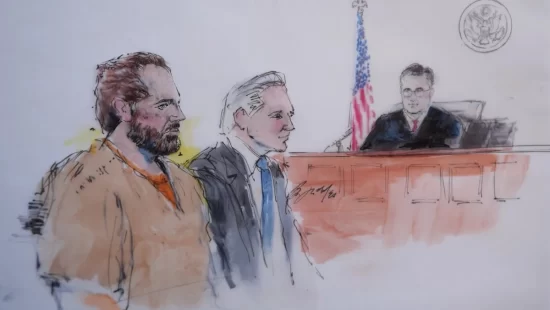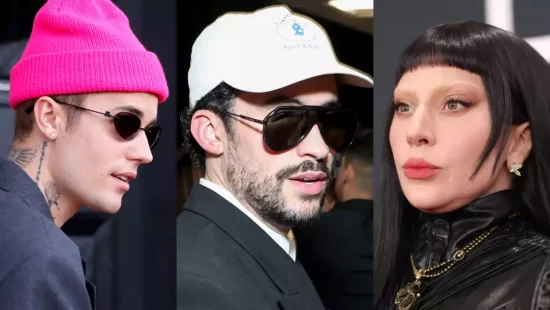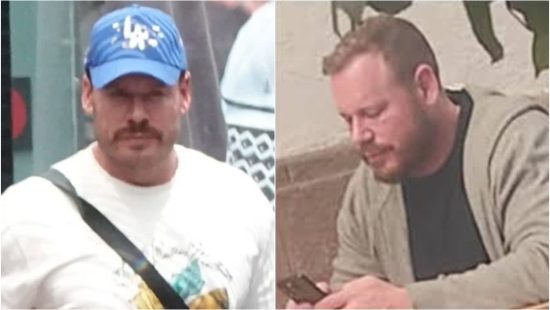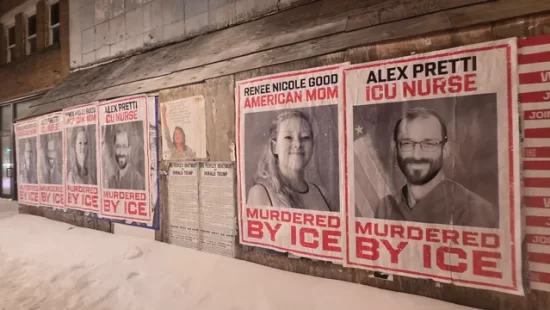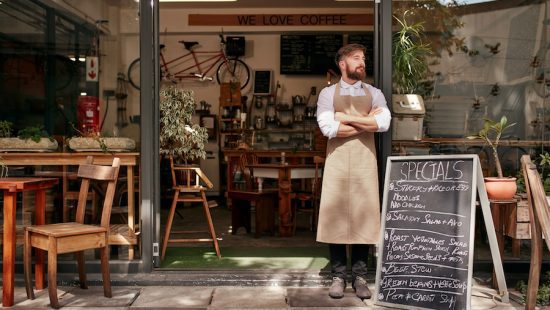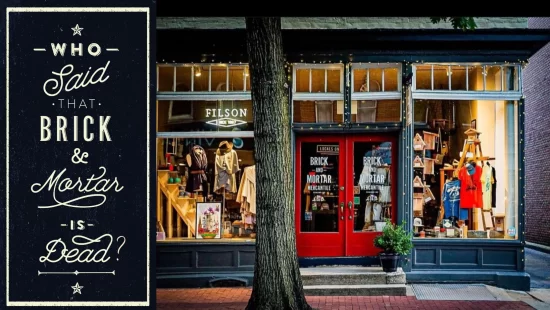It all started in a typical way: four guys in their twenties gathered in a Culiacán garage in the early 2000s, forming a small band. They gave their first concerts at small parties, playing for family and friends. They always dressed in black, which is why they became known as Los Buitres (“The Vultures”).
The band signed with a local record label and, a few years later, achieved success with love songs. One hit, however, stood out: No Tengas Miedo – “Don’t Be Afraid” – was part of the corridos alteredados, the genre of Mexican ballads that contain explicit lyrics, heavily influenced by the violence of President Felipe Calderón’s War on Drugs (2006-2012). These songs triumphed across the country, until the state of Sinaloa banned so-called narcocorridos. Just over 10 years later, however, the genre is back in the spotlight, for the umpteenth time. “We’ve already paid the price,” Eulogio Sosa chuckles, during a conversation with EL PAÍS. He’s a musician with Los Buitres.
The recent performance by another band, Los Alegres del Barranco, in the state of Guadalajara sparked controversy over the genre. The face of El Mencho – leader of the Jalisco New Generation Cartel (CJNG) – was projected on a wall. And, in the city of Texcoco, located in the state of Mexico (Edomex), the area surrounding Mexico City, fans rioted when Luis R. Conríquez refused to perform his “war ballads.” Subsequently, the United States has revoked visas for Los Alegres, while several states in Mexico have begun banning and sanctioning artists of the genre. The echoes resonated in the National Palace, where President Claudia Sheinbaum is trying to encourage artists not to glorify the narco world in their songs.
Sosa reflects on this controversy and acknowledges that the threat of the United States withdrawing work visas, as happened to Los Alegres, has led bands to remove certain songs from their concerts. But as a result of this, as seen with Luis R.’s concert, the audience reacted by throwing garbage at the stage.
Question. Were you able to see the footage of Luis R. performing in Texcoco?
Answer. Yes, it was pretty big news. It surprised us. People sometimes want to blame people: “Oh, it’s because they play [narcocorridos] and [those songs] cause that.” But that’s not what it is. Something the singer said triggered that reaction. I felt like Luis R. was challenging the audience when he said, “There aren’t going to be any [corridos].”
Q. In the footage, it seems like the audience really wanted to hear his corridos…
A. Of course. If you buy a sports car, but then they tell you, “don’t speed, go slowly,” why would you buy one in the first place? If I’m going to listen to a singer who sings corridos and he doesn’t sing corridos, why did I pay? Obviously, the audience was upset. I started to think: if you’re a corrido singer and they forbid you from singing corridos, well, it would have been smart for him to [consider] what he knows is going to happen.
Q. What do you think about this controversy, after more than 20 years of performing?
A. Perhaps this [controversy] should happen now, because there’s very little regulation… and not just in corridos. Reggaeton was at the top of the charts last year and the lyrics [in the genre] are very offensive. It’s a good time for the government to regulate this and I’ll include myself [in the process] if there’s something in any of our lyrics that needs to be changed, because that’s what the younger generations are listening to.

